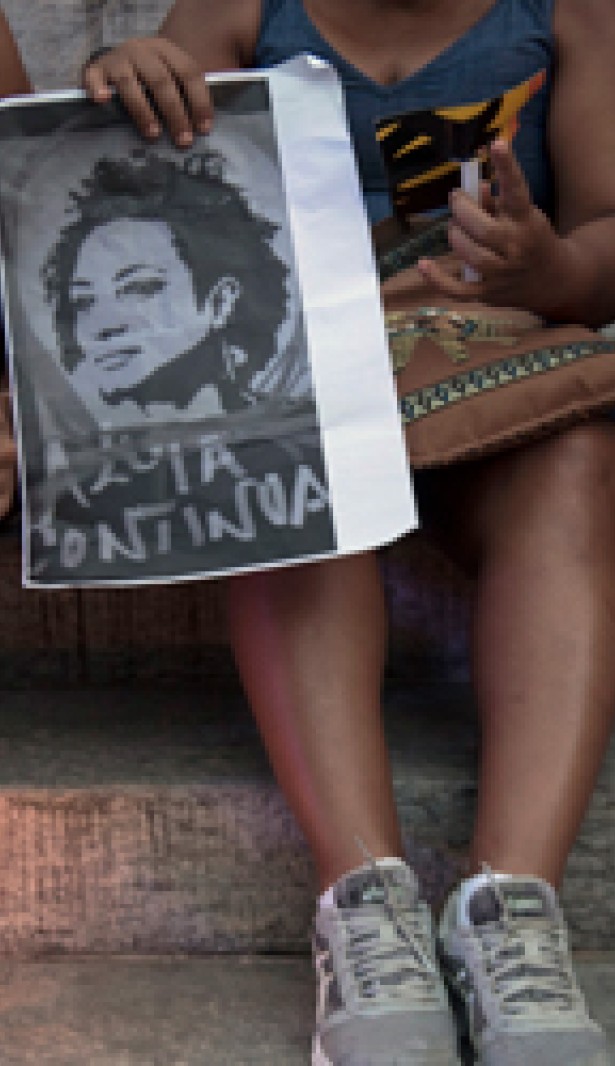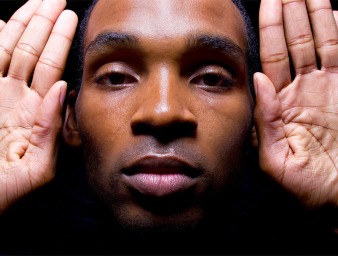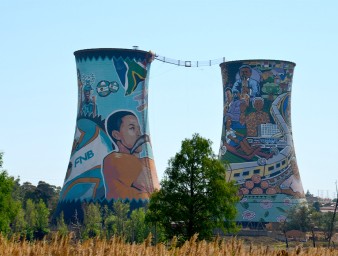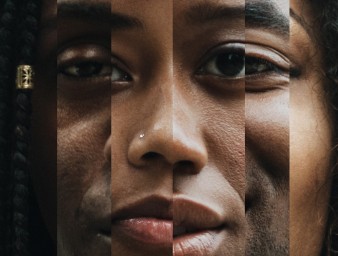Tolerance, inclusion, unity and respect for diversity
21 March 2018
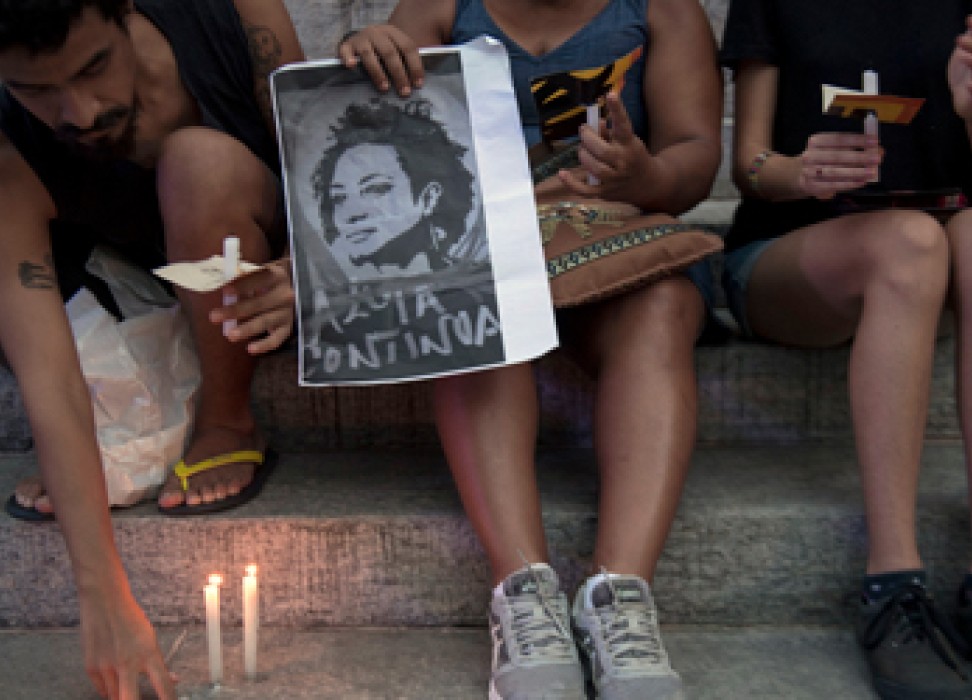
The events that precipitated the adoption by the UN of an International Convention for the Elimination of Racial Discrimination (ICERD) over half a century ago would be the signs of a bygone era, were it not for the fact that the world still witnesses manifestations of racism and racial discrimination today.
At the Human Rights Council in Geneva, a group of human rights experts discussed these manifestations and shared good practices on measures to promote tolerance, inclusion, unity and respect for diversity.
As Nicolas Muragán, member of the UN Committee that oversees State compliance with ICERD, recalled at the panel, on 21 March 1960 thousands of South Africans had met in Sharpeville to protest oppression and humiliation at the hands of the apartheid regime. Sixty-nine protesters were killed by regime forces.
The Sharpeville massacre was a turning point in the fight against apartheid. Six years after these tragic events, the UN resolved to commemorate that day every year as the International Day for the Elimination of Racial Discrimination.
“Racism is an increasing concern and a push for the universal ratification of ICERD needs to be made,” Muragán said.
Describing the contemporary face of racism, Sello Hatang, Chief Executive of the Mandela Foundation, said that it looked like black lives did not matter as much as other lives in North America and South Africa. Countries in the northern hemisphere, he said, did not care about the distress of people in countries in conflict around the world.
“Racism has to be understood as an apparatus of power which excludes and in other ways oppresses people of colour,” he said. “[Nelson Mandela’s] enemy was not white people rather it was an apparatus of power, a system which also oppresses people not only on the basis of race but also along the intersecting lines of gender and ethnicity.”
Hatang pointed out that racism in South Africa was privatised: in 2016 white people still constituted 68.9 percent of top management, while they only represented nine percent of South Africa’s economically active population.
“We see new forms of racism, such as environmental racism, where it is easy to run a pipe through the lands of a First Nation or dump waste near black communities,” he said.
As a writer, Fatou Diome endeavours to speak for the voiceless and those who despair.. Her literary works explore human rights and racism, and the mistreatment of migrants in France is one of her recurring themes.
Diome pointed out that racism and discrimination were not just a question of individual contempt, insults and violence, but also a result of the political decisions that reflected the hierarchical structuring of peoples. This in turn, she said, promoted indifference towards minority issues and the current treatment of migrants sadly illustrated that indifference.
Diome also cautioned that extremist movements in Europe could create vengeful extremisms as a response and she deplored revanchist attitudes.
“Education changed my life and I wish education could light up the paths of all the people of the world. With knowledge one exits the corridors of one’s identity,” she said. “Obscurantism and fear of the other often come from ignorance. Therefore I wish education could enlighten us all, open our routes of retreat and give us an opportunity to get to know one another.”
The race riots in Singapore in the 1950s and 60s had made racial and religious harmony a priority for the Government, Foo Kok Jwee, Singapor Ambassador to the UN told the Human Rights Council.
The Government devised deliberate policies for integration, such as the nation’s public housing regulations that ensured that residents proportionately represented the country’s ethnic makeup. Minorities were also equitably represented in Congress, Foo said, adding that these policies fostered closer relations among diverse groups.
The Director of the Human Rights Council and Treaty Mechanisms Division at the UN Human Rights Office, Adam Abdelmoula, said that greater emphasis needed to be placed on educating children about tolerance.
“The “cultural globalization” is on its way. Our only option is to accompany it by inculcating to our younger generations values of respect, diversity, unity and equality,” he said.
“The diversity of our world's many religions, languages, cultures, and ethnicities cannot be a pretext for xenophobic attitudes, violence or conflict. It is a treasure that enriches us all and we need to ensure that it is understood as such.”21 March 2018
